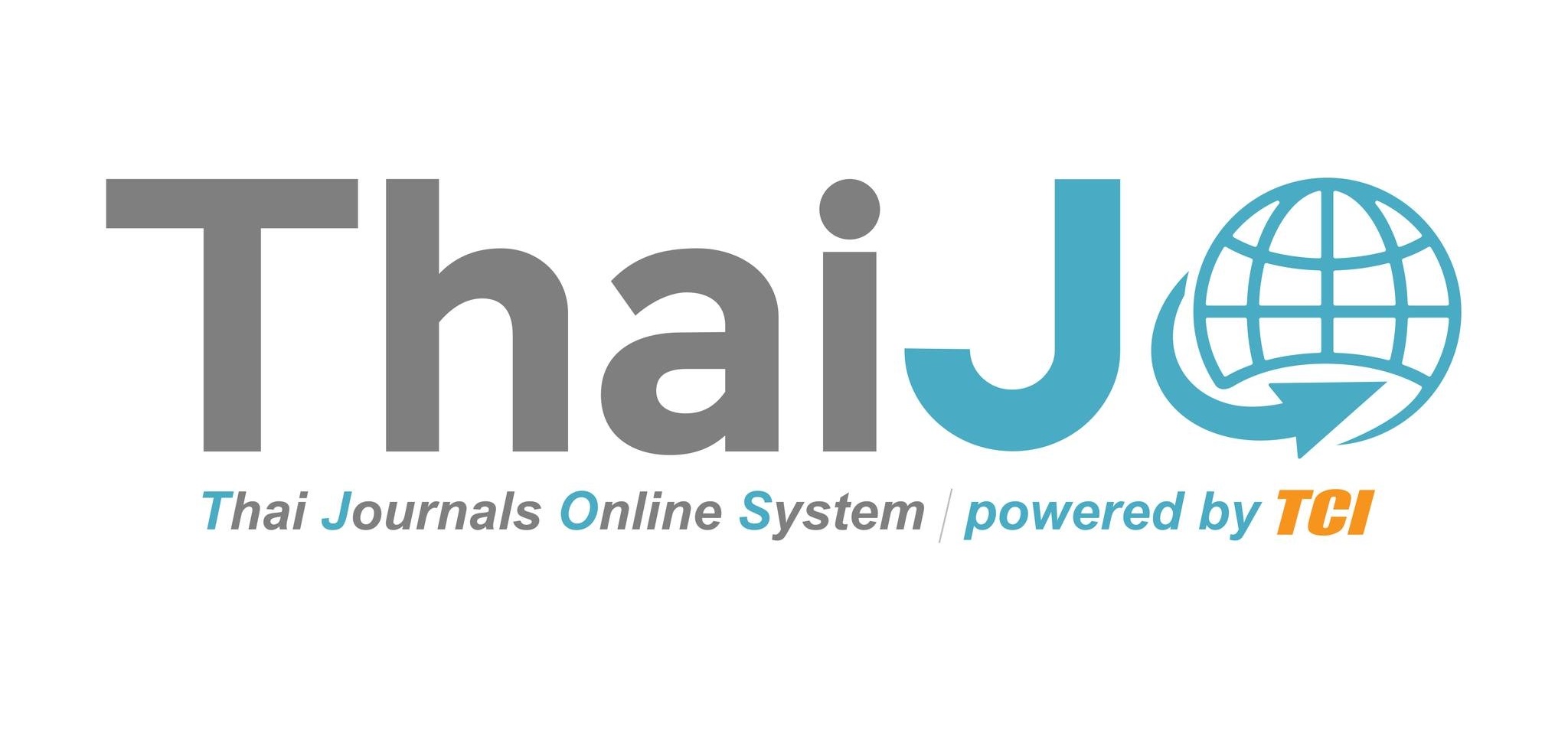การส่งเสริมความคิดเชิงเติบโตและทักษะความคิดเชิงสมดุล: กลยุทธ์เพื่อความสำเร็จในการบริหารจัดการและความเป็นผู้นำที่สมดุล
DOI:
https://doi.org/10.14456/ajld.2568.4คำสำคัญ:
ความคิดเชิงเติบโต, ทักษะความคิด, การบริหารจัดการที่สมดุล, ความสำเร็จในการเป็นผู้นำบทคัดย่อ
ในยุคที่สภาพแวดล้อมทางธุรกิจและการบริหารเปลี่ยนแปลงอย่างรวดเร็ว ความสามารถของผู้นำและผู้บริหารในการปรับตัวและเรียนรู้ตลอดชีวิตมีความสำคัญมากขึ้น ทัศนคติแบบเติบโต (Growth Mindset) และทักษะความคิดที่สมดุล (Balanced Mindset Skills) ถือเป็นปัจจัยสำคัญที่ช่วยให้บุคคลสามารถพัฒนาและนำพาองค์กรไปสู่ความสำเร็จอย่างยั่งยืน การวิจัยนี้มุ่งเน้นศึกษาบทบาทของทัศนคติแบบเติบโตและทักษะความคิดที่สมดุลในกระบวนการบริหารและความเป็นผู้นำ รวมถึงการพัฒนากลยุทธ์ที่สามารถนำไปใช้ได้จริงเพื่อส่งเสริมแนวคิดดังกล่าวในองค์กร การศึกษาอาศัยกรอบแนวคิดของ Carol Dweck เกี่ยวกับทฤษฎีทัศนคติแบบเติบโต ร่วมกับการวิเคราะห์เชิงคุณภาพจากกรณีศึกษาและการวิจัยเชิงประจักษ์ กลยุทธ์ที่นำเสนอถูกพัฒนาโดยอ้างอิงจากการศึกษาทางจิตวิทยา องค์กร และภาวะผู้นำ รวมถึงแนวทางปฏิบัติที่ได้รับการพิสูจน์แล้วว่ามีประสิทธิภาพ ผลการศึกษาชี้ให้เห็นว่าผู้นำที่มีทัศนคติแบบเติบโตสามารถรับมือกับการเปลี่ยนแปลงได้ดีขึ้น สนับสนุนวัฒนธรรมการเรียนรู้ และส่งเสริมความคิดสร้างสรรค์ในองค์กร นอกจากนี้ ยังพบว่ากลยุทธ์ที่สำคัญในการพัฒนาแนวคิดนี้ได้แก่ การสะท้อนตนเอง การส่งเสริมวัฒนธรรมการให้ข้อเสนอแนะ และการสร้างสภาพแวดล้อมที่สนับสนุนการทดลองและการเรียนรู้ สรุปได้ว่าการปลูกฝังทัศนคติแบบเติบโตและทักษะความคิดที่สมดุลในองค์กรเป็นกลยุทธ์ที่มีประสิทธิภาพในการสร้างความสำเร็จของผู้นำและการบริหาร การศึกษาแสดงให้เห็นว่าแนวทางดังกล่าวช่วยเพิ่มความสามารถในการตัดสินใจ ความยืดหยุ่น และการปรับตัวของผู้นำ ซึ่งนำไปสู่ความสำเร็จอย่างยั่งยืนขององค์กร
เอกสารอ้างอิง
Blackwell, L. S., Trzesniewski, K. H., & Dweck, C. S. (2007). Implicit theories of intelligence predict achievement across an adolescent transition: A longitudinal study and an intervention. Child Development, 78(1), 246–263. https://doi.org/10.1111/j.1467-8624.2007.00995.x
Blakely, S. (2018). The Spanx story: Sara Blakely’s journey to becoming a billionaire. HarperCollins.
Boyatzis, R. E., & McKee, A. (2005). Resonant leadership: Renewing yourself and connecting with others through mindfulness, hope, and compassion. Harvard Business Review Press.
Dweck, C. S. (2006). Mindset: The new psychology of success. Random House.
Edmondson, A. C. (2019). The fearless organization: Creating psychological safety in the workplace for learning, innovation, and growth. Wiley.
Gino, F. (2018). Why curiosity matters for leadership. Harvard Business Review.
Goldsmith, M. (2002). Try feedforward instead of feedback. Leader to Leader, 2002(25), 11–14. https://doi.org/10.1002/ltl.25
Goleman, D. (1995). Emotional intelligence: Why it can matter more than IQ. Bantam Books.
Goleman, D. (1998). Working with emotional intelligence. Bantam Books.
Hamel, G. (2007). The future of management. Harvard Business Review Press.
Hannah, S. T., Avolio, B. J., & Walumbwa, F. O. (2009). Leadership efficacy: Review and future directions. The Leadership Quarterly, 20(6), 669–688. https://doi.org/10.1016/j.leaqua.2009.06.007
Heslin, P. A., & Keating, L. A. (2017). In learning mode? The role of mindsets in derailing and enabling experiential leadership development. The Leadership Quarterly, 28(3), 367–384. https://doi.org/10.1016/j.leaqua.2016.10.010
Heslin, P. A., & VandeWalle, D. (2008). Managers’ implicit assumptions about personnel. Current Directions in Psychological Science, 17(3), 219–223. https://doi.org/10.1111/j.1467-8721.2008.00578.x
Ibarra, H., & Scoular, A. (2019). The leader as coach. Harvard Business Review, 97(6), 110–119.
Kotter, J. P. (1990). A force for change: How leadership differs from management. Free Press.
Locke, E. A., & Latham, G. P. (2002). Building a practically useful theory of goal setting and task motivation: A 35-year odyssey. American Psychologist, 57(9), 705–717. https://doi.org/10.1037/0003-066X.57.9.705
Mueller, C. M., & Dweck, C. S. (1998). Praise for intelligence can undermine children's motivation and performance. Journal of Personality and Social Psychology, 75(1), 33–52. https://doi.org/10.1037/0022-3514.75.1.33
Murphy, M. C., & Dweck, C. S. (2016). Mindsets shape consumer behavior. Journal of Consumer Psychology, 26(1), 127–136. https://doi.org/10.1016/j.jcps.2015.06.005
Nadella, S. (2017). Hit refresh: The quest to rediscover Microsoft's soul and imagine a better future for everyone. Harper Business.
Northouse, P. G. (2022). Leadership: Theory and practice (9th ed.). Sage Publications.
Seibert, S. E., & Kraimer, M. L. (2001). The five-factor model of personality and career success. Journal of Vocational Behavior, 58(1), 1–21. https://doi.org/10.1006/jvbe.2000.1757
Southwick, S. M., & Charney, D. S. (2018). Resilience: The science of mastering life's greatest challenges. Cambridge University Press.
Taylor, W. (2012). How Alan Mulally saved Ford with his management style. Fortune.
Yukl, G., & Mahsud, R. (2010). Why flexible and adaptive leadership is essential. Consulting Psychology Journal: Practice and Research, 62(2), 81–93. https://doi.org/10.1037/a0019835
Zenger, J. H., & Folkman, J. (2016). Developing a growth mindset: Eight ways to help nurture a culture of learning. Harvard Business Review.
ดาวน์โหลด
เผยแพร่แล้ว
รูปแบบการอ้างอิง
ฉบับ
ประเภทบทความ
หมวดหมู่
สัญญาอนุญาต
ลิขสิทธิ์ (c) 2025 วารสารวิชาการเพื่อพัฒนาท้องถิ่น

อนุญาตภายใต้เงื่อนไข Creative Commons Attribution-NonCommercial-NoDerivatives 4.0 International License.












